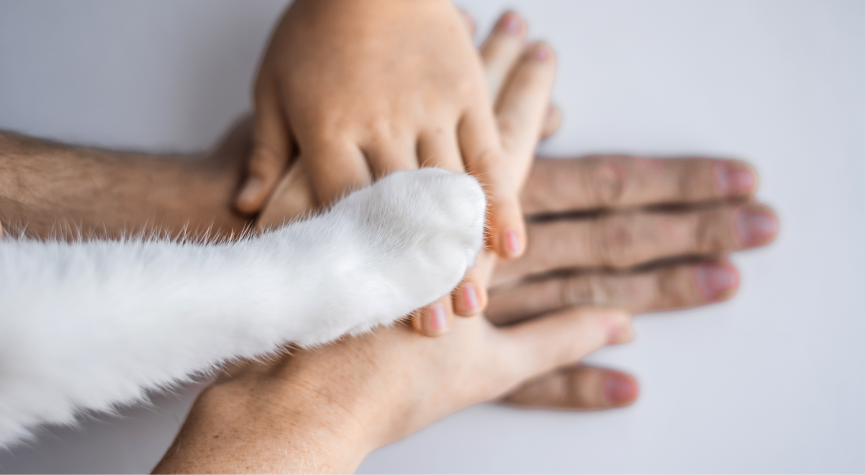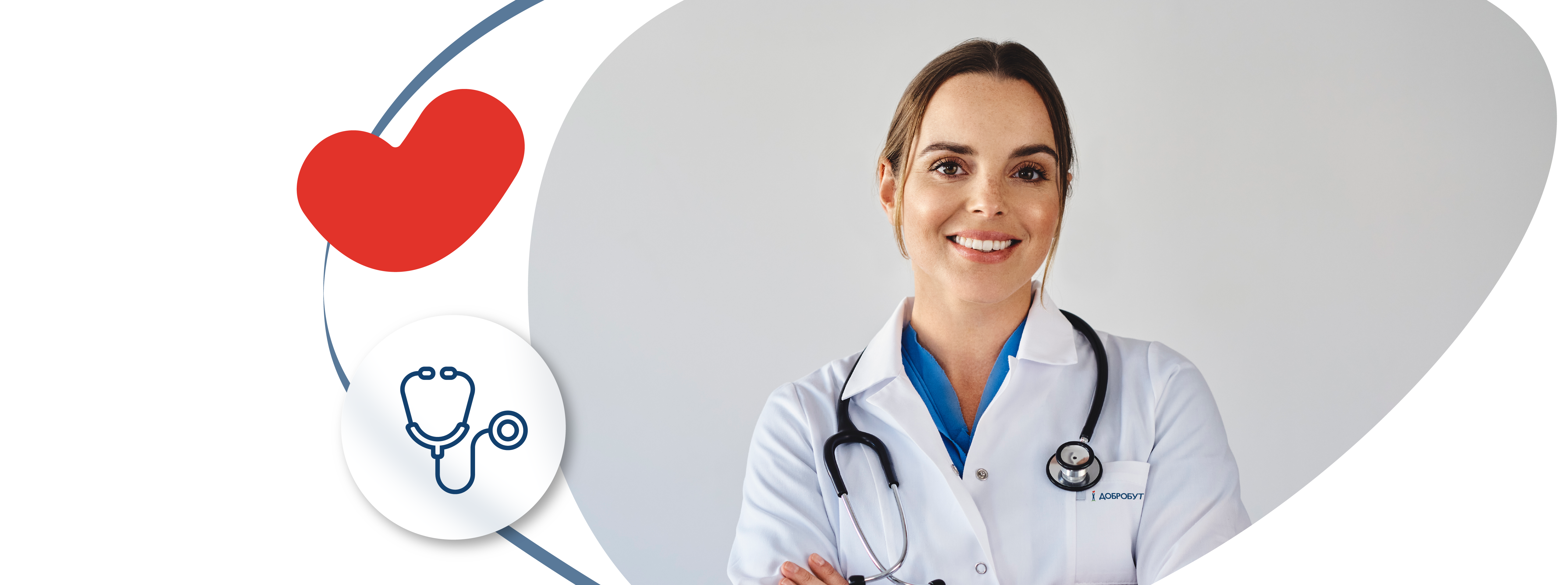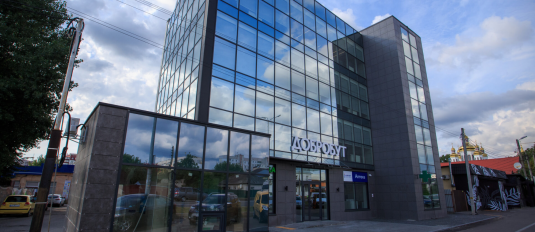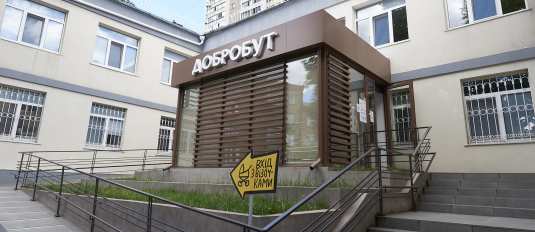Rabies: an invisible deadly enemy

Rabies is a viral, extremely dangerous disease that primarily affects the brain and its membranes and always ends in death after the first symptoms appear.
But humanity has ways to prevent the development of the disease, even if the virus has already entered the body.
How can you get infected?
Rabies infection occurs when infected saliva gets on damaged skin or mucous membranes. Infection is also possible when particles of the brain or cerebrospinal fluid of a sick animal get into it.
Who can you get infected from?
The natural foci of rabies are wild predatory animals. In Ukraine, these are foxes, wolves, and raccoon dogs.
It is important to remember that in the world, almost 99% of cases of rabies virus transmission to humans occur from domestic dogs.
However, all mammals can get rabies, not only domestic dogs and cats, but also domestic animals: horses, goats, cows, sheep, and others.
It is also important to remember that rodents, including rats, hedgehogs, and squirrels, can also get rabies.
Bats are a special case. They are considered very dangerous in terms of the risk of contracting rabies. Even just contact of unprotected skin with a bat's body is considered dangerous and requires specific treatment.
Theoretically, birds can also get rabies. But there is a nuance:
- First, it is very difficult for them to get infected (a chicken must still survive a fox bite, for example).
- Secondly, it is extremely difficult for a bird to infect a person. Birds do not have salivary glands, so even if a rabid rooster pecks, nothing will happen. Unless you take the head of a rabid rooster, hit it with a hammer, and a piece of its brain will get into your eye.
What happens in the body once the virus has already entered?
First, the virus multiplies at the site of entry. "Favorite" places are muscles and nerves.
Moreover, the speed of its reproduction in nerves is many times higher than in muscles. (Remember: this will be important a little later.)
Then the virus moves along the nerves at a speed of approximately 5–50 mm per day to the spinal cord, or rather to the nerve nodes next to it.
When the virus reaches these nerve nodes, it multiplies there again. After that, at a speed of 200–400 mm per day, the virus moves to the brain, where it causes inflammation of the brain and its membranes, which is the cause of death.
It would seem that the path is quite long? Exactly. And this circumstance gives a chance to prevent the development of the disease, if you act correctly and in time.
Incubation period
The incubation period is the time from the virus entering the body to the onset of symptoms of the disease.
It is during this period that we can prevent the development of the disease.
On average, the incubation period in humans is 1–4 months.
BUT! Depending on various factors, it can range from 5–7 days to one year, and sometimes even more.
How to protect yourself from rabies?
- Do not contact suspicious animals.
- Preventive vaccination of people who come into contact with animals.
- Vaccination and administration of immunoglobulin (if necessary) after a bite, salivation or scratch by a suspicious animal.
- Regular vaccination of animals.
Author of the article - Kireiko Viktor Petrovych
Reviewer of the article - Rykova Stanislava Oleksandrivna

























%402x.png)
%402x.png)
